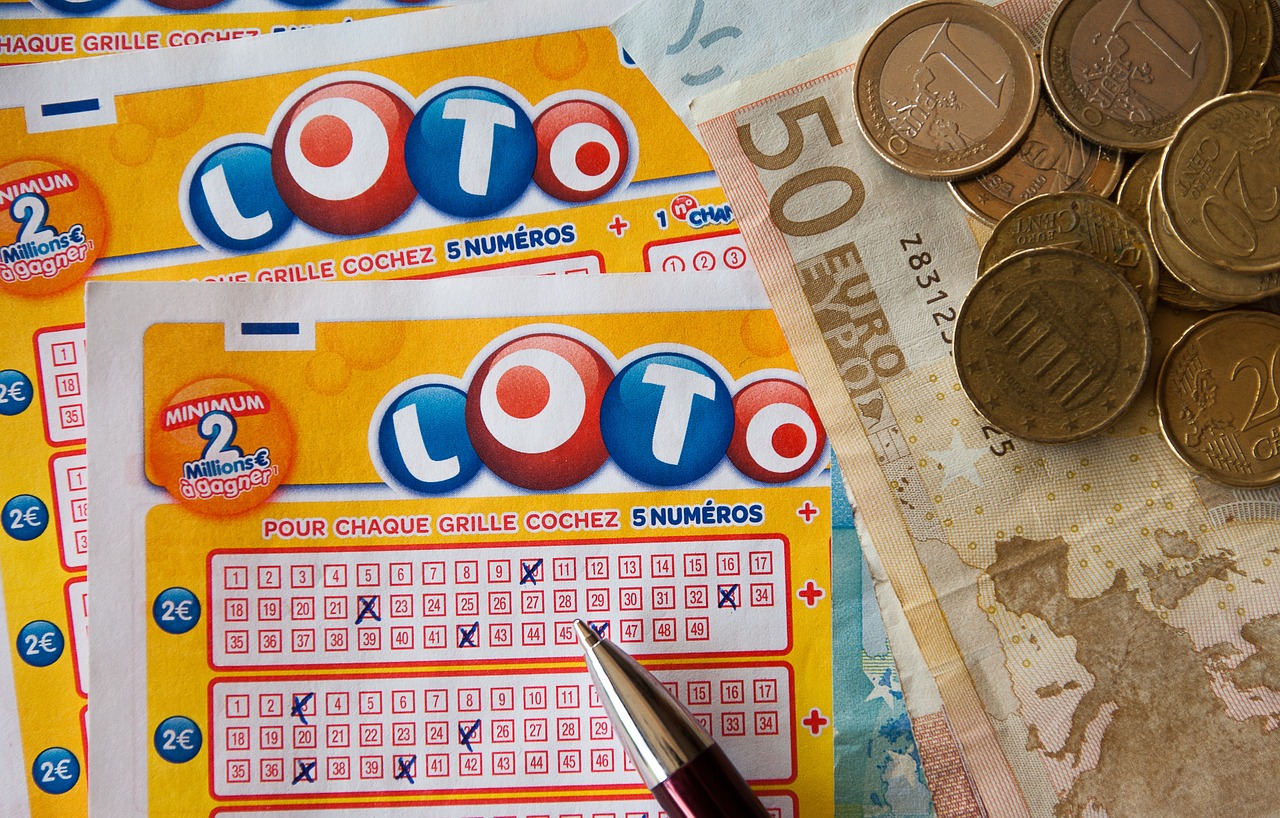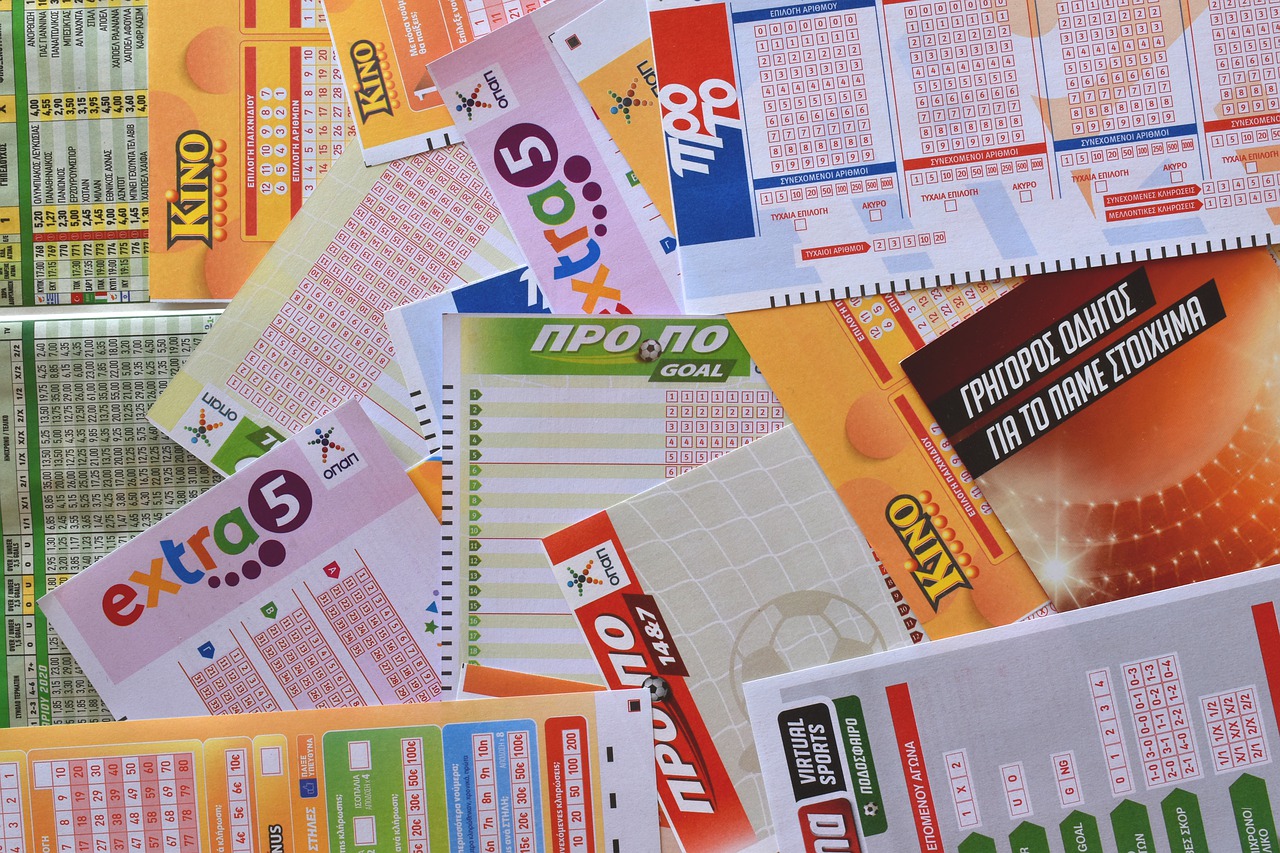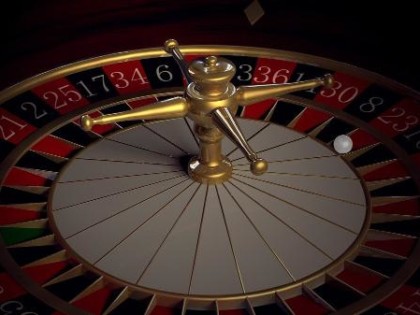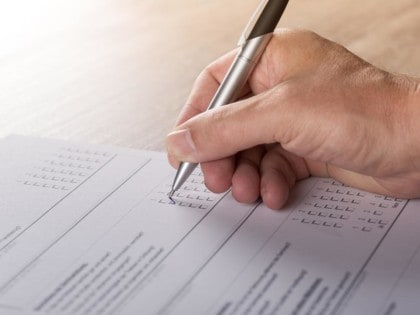
The gambling industry exists both online and offline, two vastly different marketplaces, both of which are essential for its success. For the most part, these two worlds are easily integrated, which is why countless major offline brands venture into the online world, and vice versa. However, this hasn’t always been true for the lottery and the lockdown of 2020 has drawn a lot of attention to this industry’s downfalls and may even bring an even to countless popular lottery games.
The Lockdown vs the Lottery
If you compare an online sports bettor to an offline one, the differences will likely be age and technology related. People who prefer sports betting shops tend to be older and less willing to use the internet to gamble. This is especially true in the United Kingdom, where punters have a multitude of choices for online gambling and don’t need to visit their local bookmakers to watch a live game.
It’s a different story with the lottery, however, and there are a few big problems here. Firstly, many players choose to buy just one or two tickets a week. They spend very little and, as a result, it’s easier to pick up their tickets during a weekly visit to their local shop. Secondly, lottery tickets are an impulse buy, something that many players choose to buy when they’re standing at the counter and reading about rollovers, whereas opening an online account and making a deposit requires some level of premeditation and commitment.
Finally, and most importantly, while most European lottery organizers allow their players to purchase tickets through fully regulated sites owned/operated/licensed by the provider, American lotteries rarely offer this option.

Lockdown Losses
Online gambling is a contentious issue in the United States. The landscape is gradually changing, but it has yet to reach a point where all players can purchase lottery tickets online.
If you want a ticket in most states, you need to visit a licensed vendor and make a purchase. In April 2020, the Massachusetts State Lottery reported a loss of $22.5 million when compared to April 2019. Powerball and Mega Millions have also seen sizeable reductions, although not quite to the same extent.
In fact, the Mega Millions seed jackpot was reduced from $40 million to $20 million to account for this reduction, and similar reductions were placed on the Indiana Lottery and Hoosier Lottery. This has led to a call for US lotteries to be made available online, although it’s unlikely that will happen any time soon.
America isn’t the only country that has suffered. Spain called for a postponement of all lotteries in March, leading to a potential loss in the hundreds of millions. Spain is home to some of Europe’s biggest lotteries and it’s also one of the biggest contributors to the EuroMillions, so this postponement was felt across the continent.
The Future of the Lottery
It is likely that we’ll see lottery ticket sales increase as we reach the summer, and assuming there is no second wave and the pandemic is kept under control, they should return to normality before long.
In many European countries, there has been a sharp increase in online play, one that will likely continue after the pandemic. In the US, lawmakers will likely start to accommodate online ticket sales, keen to keep the state coffers flowing.
Whatever happens, it seems likely that the industry will change considerably.







